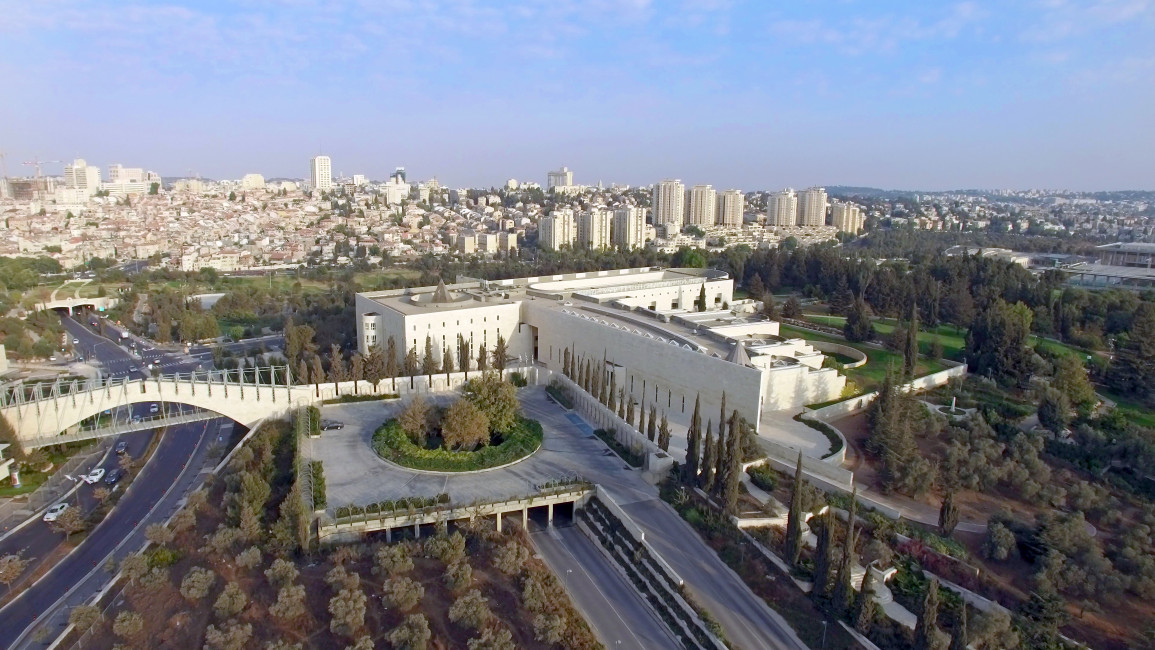Israel PM may skip Knesset vote, referendum on Lebanon maritime border deal
Israel's attorney general said Wednesday that she will defend the government's right to sign an agreement with Lebanon on demarcating the shared maritime border at the Supreme Court, a senior Israeli legal official has said.
Attorney General Gali Baharav-Miara said that any deal with Beirut will only need to be presented to the public after it has been approved and would not need a referendum, Haaretz reported, and only require approval from the security cabinet rather than the Knesset.
Israel has a temporary government with elections for a new Knesset and prime minister due to take place in November, as the country seeks an agreement with Lebanon - a country which does not recognise the state of Israel - on maritime borders to allow for the exploration of gas fields in the Eastern Mediterranean.
"The question of approving the agreement and the need for a referendum is a complex legal one. The court can accept the government’s position… but the judges can also decide otherwise," another senior official told Haaretz.
Israel is expected to hold parliamentary elections on 1 November, the fifth in less than four years.
Reports have said the deal could be scrapped and talks sent back to square one if Benjamin Netanyahu's Likud Party win a majority.
Last month, a think tank in Israel said that Israeli law requires the government to conduct a national referendum on any potential agreement reached with Lebanon over the maritime border dispute.
A referendum should be held if "the government decided to sign an agreement by which the law, judiciary and administration of Israel will no longer apply to a territory in which they apply", according to Israeli Basic Law, if less than 80 members of the Knesset agree to the territorial change.
Lebanese President Michel Aoun said earlier this week that negotiations for a rare deal between the two enemy states have entered their "final stages".
A maritime deal would help determine which oil and gas resources belong to which country and pave the way for more exploration.
They come at the backdrop of months of heightening tensions and repeated threats by Israel and its arch-enemy Hezbollah in Lebanon.



